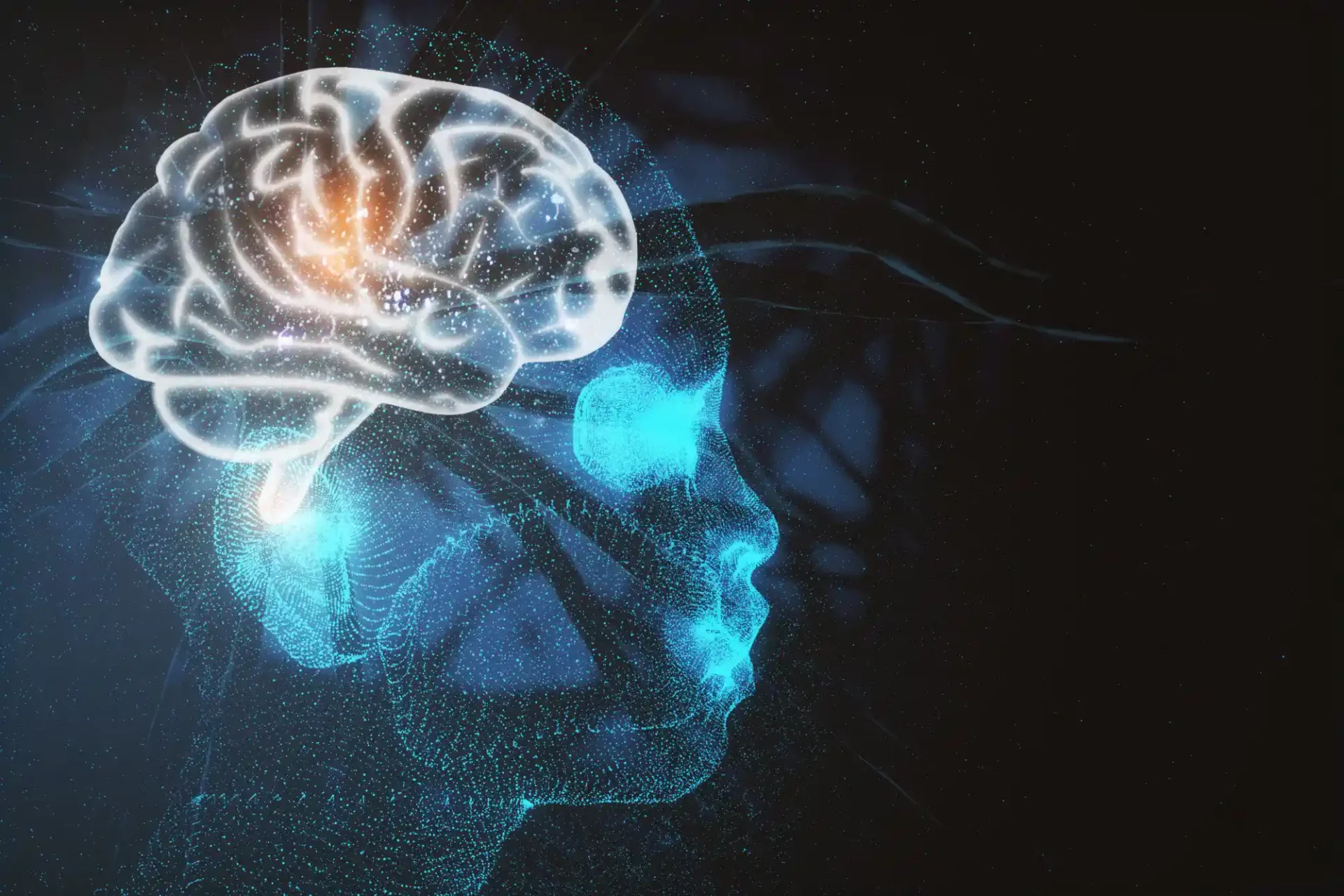When it comes to our nervous system, we want things to be working correctly.
The nervous system is responsible for our body’s unconscious actions. It controls things like our circulatory system, our respiratory system, and how we blink.
It’s also in control of our senses and how we reflexively respond to things. This is why it’s so important for things to be working correctly.
Some diseases affect the central nervous system, destabilizing it and making it harder for our bodies to do things automatically. It’s important to know what these diseases are in case you or someone you love gets one.
You can learn more about this in the article below, so keep reading to get the inside scoop.
1. Alzheimer’s Disease: Unraveling Memories
Alzheimer’s disease, a progressive neurodegenerative disorder, is known for its profound impact on memory and cognitive functions. It gradually erodes a person’s ability to:
- remember
- reason
- perform daily tasks
As the disease advances, abnormal protein deposits accumulate in the brain, leading to the loss of vital connections between nerve cells. Although treatments aim to alleviate symptoms, finding a cure remains a challenge.
2. Parkinson’s Disease: A Battle of Movement
Parkinson’s disease affects movement control, causing tremors, stiffness, and difficulty with balance. This disease occurs due to the gradual loss of dopamine-producing cells in the brain.
Dopamine is a neurotransmitter essential for smooth and coordinated movements. While medications and therapies can manage symptoms, they cannot halt the disease’s progression.
3. Multiple Sclerosis: When Communication Breaks Down
Multiple Sclerosis (MS) is an autoimmune disease where the immune system mistakenly attacks the protection of nerve fibers, called myelin, in the central nervous system. This leads to disrupted communication between the brain and the rest of the body. Symptoms vary widely and may include:
- fatigue
- numbness
- muscle weakness
- difficulty walking
Advances in treatment have improved the quality of life for those with MS, but a definitive cure remains elusive.
4. Peripheral Neuropathy: Damaged Nerves
This refers to a condition in which the connection from the brain and spinal cord to the rest of the body, also known as the peripheral nerves, becomes damaged or dysfunctional. Damage to these nerves can result in a wide range of symptoms, depending on which nerves are affected and the extent of the damage. Peripheral neuropathy can have various underlying causes, including:
- diabetes
- infection
- autoimmune disorder
- injuries
Depending on the specific situation, neuropathy treatment may involve pain management medications, physical therapy, occupational therapy, diabetic neuropathy treatment, and lifestyle changes.
5. Epilepsy: Unpredictable Seizures
Epilepsy is characterized by recurrent, unprovoked seizures that result from abnormal electrical activity in the brain. These seizures can vary in intensity and impact, affecting:
- consciousness
- movement
- sensation
While medications can often control seizures effectively, some forms of epilepsy remain resistant to treatment. Ongoing research aims to uncover the underlying causes and develop more targeted therapies.
Navigating the Terrain of the Central Nervous System Diseases
The central nervous system is incredibly complex, and any disease affecting it can have major life-changing repercussions. Knowing ways to reduce the risk of developing such diseases and becoming aware of the most common ones is essential for everyone.
Always seek medical advice if you have any concerns or symptoms. Take steps now to protect your neurological health!
If you liked this article, then please check out other posts on our blog.
